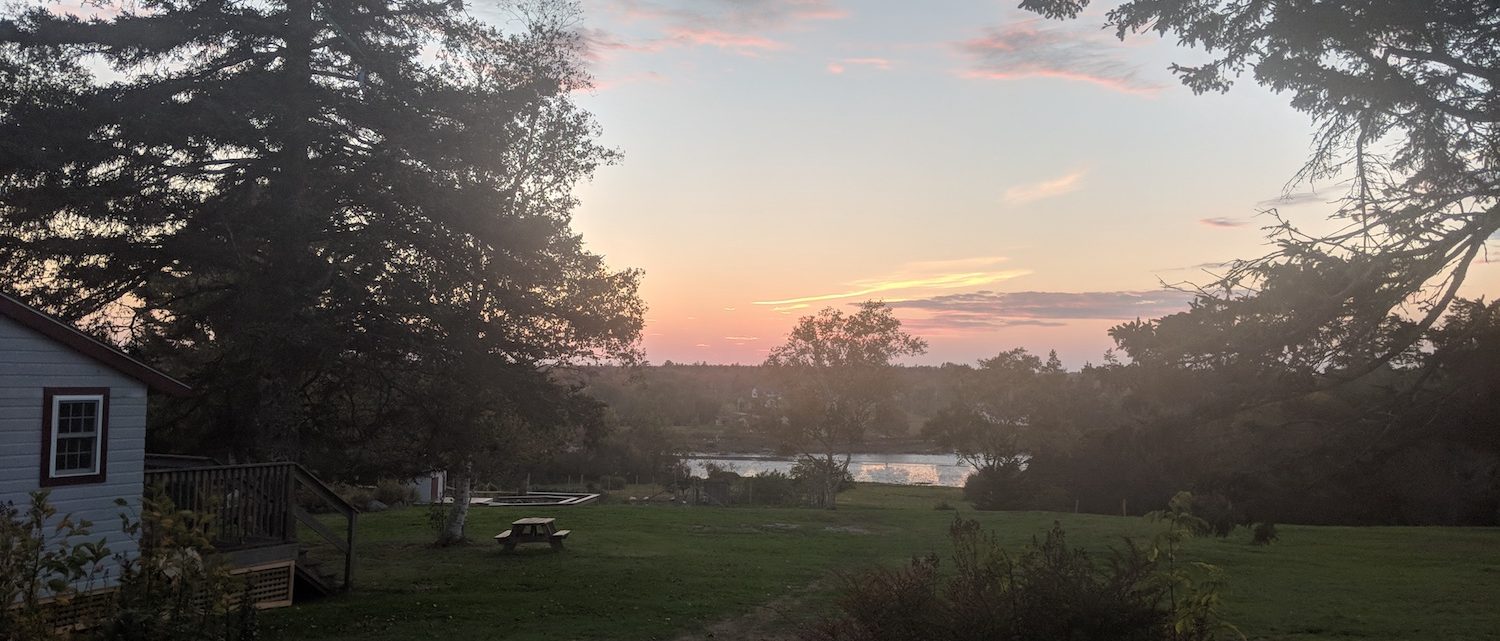Tips for Navigating the Natural Emergence of Conflict Within WMWC
If you are having difficulties with another camper, group, or structural elements at camp:
- Check in with yourself first.
-
- Is this an issue that needs to be addressed for your own or the community’s well-being, or is it just a moment’s irritation? Do you need the voice of the person you’re having difficulty with to address it, or can you look within yourself to understand and defuse the situation?
- Check in with the other person next.
-
- If your conflict involves another person, or people, have you addressed it directly with them? Their voice would often be the first you seek to explore/transform the conflict.
- Are you ready to talk to them in a way that permits both of you to be heard, or are you still in the throes of emotion about the conflict? Take time, a cooling off period may be needed, take a breath, take a walk if you need to. This cool off period can be vital for some and painstaking for others. We ask that you negotiate what seems to be a workable agreement for those involved with respect to these needs.
- Check in with your immediate circle.
-
- In moving toward transforming the conflict, is there a friend with whom you can discuss the conflict to give you some additional perspective?
- Do you just need to vent, or are you open to hearing that you might have contributed to the situation in some way?
- As you consider possible next steps, perhaps it is also a time to consider what you are learning about yourself and what you might be projecting onto the other person.
- Remember, the goal is to transform the conflict–be mindful about how talking widely about unresolved conflict can cause it to ferment in ways you didn’t intend.
- Invite in an Ally/Conflict Team Member
-
- If you are in a conflict that exceeds your ability to engage in a good way, consider inviting in an ally whom both parties trust to ground the interaction and help both people hear each other calmly.
- Consider if it would be helpful to have a buddy who can help you communicate your concerns.
- Many campers have experience mediating and/or offering support around conflicts and have stepped up to be Conflict Team members. Calling in some additional tools, perspectives, or ways of structuring the conversation might be just the thing.
- Initiate Wider Group Support.
-
- If after a discussion, one or both parties continue to feel unresolved, reach out to the Conflict Team, and the concern can be brought to camp organizers.
- We accept that the group as a whole may be responsible for holding conflict with compassion and consciousness to lend to exploration/transformation. Often conflicts at camp are manifestations of ideological conflicts at camp that are just under the surface, and bringing it to a larger group can illuminate the web of relationships and impacts within which we act.
- There are resources for addressing conflicts at camp that are accessible to all campers, and Conflict Team and other organizers can help facilitate group support. Additionally, conflicts contribute to the cultural growth and lore of camp in a variety of ways.
In the case of individuals breaking camp agreements, in order to maintain a culture of responsibility, such behaviors can be brought to camp organizers.
If difficulty or concerns involve access to camp resources, concerns regarding camp structures, groups, or other larger community concerns, a format for collective engagement could be explored, possibly through all camp meetings. If you need support in bringing these concerns to the larger community, you are encouraged to reach out to the Conflict Team, camp organizers and elders (that is, people who’ve been attending camp for many years–there are many elders around of a diversity of ages)!
Possible tools for addressing conflict could be, creating a fish bowl, Empathetic Mediated Discussion, negotiated agreement or other options. Check out our Conflict Policy for specific information on what types of support the 2019 WMWC Conflict Team can provide. Additionally, check out the Care Space for further resources and informational zines on conflict transformation and harm repair.
If conflict remains untenable, camp agreements are broken, or problematic behaviors remain, individuals could be asked to refrain from participating in path, rituals or be asked to leave camp.
Edited and taken with gratitude from Free Cascadia Witch Camp’s ‘Conflict Engagement and Exploration Protocol’.
